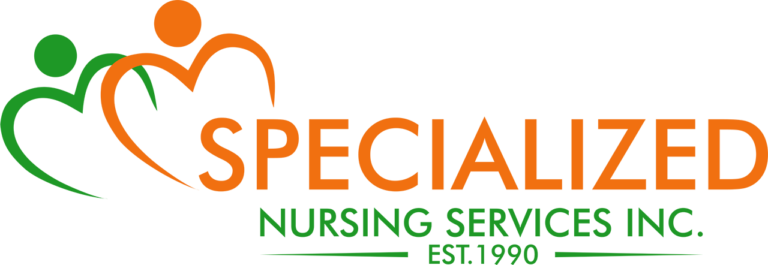How to Provide Care for a Recovering Stroke Patient
As a family member or loved one, it can be challenging to take care of a recovering stroke patient, so here we’ve answered a few ‘frequently asked questions’ and compiled a few important tips to make caring for a recovering stroke patient more effective and simple. We’ll go over what to expect as a caregiver to a recovering stroke patient and what not to expect. We’ll also talk about some benefits of hiring a professional caregiver through a professional home care service.
What is a stroke?
A stroke is a sudden interruption of blood flow to the brain. There are two main categories of stroke: ischemic or hemorrhagic. Ischemic strokes are the most common, and interrupt blood flow due to clotting. There are two types of ischemic stroke: standard ischemic strokes, caused by a long lasting blood clot, or transient ischemic attacks, which are caused by a temporary blood clot. Hemorrhagic strokes are caused by a ruptured blood vessel.
What are the after-effects of a stroke?
The damage to the brain incurred from a stroke depends on the area of the brain where the stroke affected. For this reason, those who have experienced strokes can suffer from a wide range of adverse effects. Typically, after a stroke, both physical and mental deficiency is experienced, including paralysis and memory loss. In some cases, a recovering stroke patient experiences debilitating problems (at least temporarily.) While survivors of strokes typically experience the most healing between three and four months after the stroke, the healing process can last for years.
What to expect while caring for a recovering stroke patient:
- Recovering stroke patients suffer from physical ailments like paralysis, loss of coordination, pain or tingling, and fatigue. Expect to monitor the recovering stroke patient’s movement and be prepared to offer support.
- Those recovering from ischemic or hemorrhagic strokes experience mental impairments. This includes vision impairment, speech impairment and general slow movement. Stroke patients may also experience memory loss.
- Some stroke patients experience specific issues such as spasticity, communication problems, and a variety of emotional changes.
How to effectively care for a recovering stroke patient:
- Effective care for a loved one who suffered from a stroke means recovery management. This entails following the care plan prescribed by their doctor and neurosurgeon. Administer appropriate medication, practice speech and mobility, and maintaining a healthy diet are important factors.
- Supervision of those recovering from strokes is key. Due to the effects that result from a stroke, patients can experience confusion and may get lost, or leave the home premises. Take care to supervise those who are recovering from strokes until you see that the symptoms have improved.
- Stay calm. Stroke victims can be easily frustrated by certain limitations that they are trying to overcome. Kindness and calmness always help.
Benefits of in home care or professional caregiving service
- One benefit of hiring a caregiver through a home care service is professionalism. You can count on your elderly parent to have proper recovery thanks to professional, licensed caregivers.
- Recovery management is an important benefit of in home care and caregiving services. Caregivers will take care of everything involved including medication administration, exercise and mobility practice, speech practice, wound dressing, even simple house keeping.
- If you have a specialized caregiver in the home, it alleviates your burden. Spend more quality time with your loved one, so they can successfully recover from the stroke. No more worrying!
It can be challenging to care for a loved one in the aftermath of a stroke, but we hope with these tips in mind, the process is more simple and streamlined. This way you can enjoy more of the time you share, and worry less. To learn more about home care services and professional caregiving, call us today.
[gravityform id=”1″ title=”false” description=”false”]


